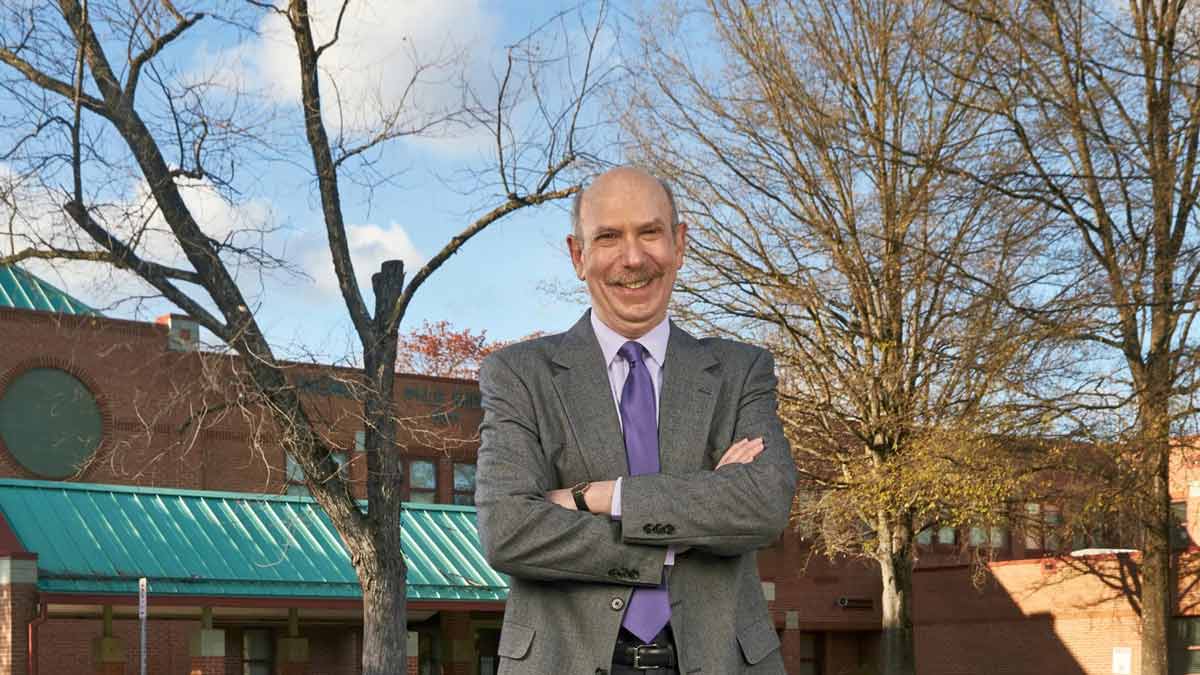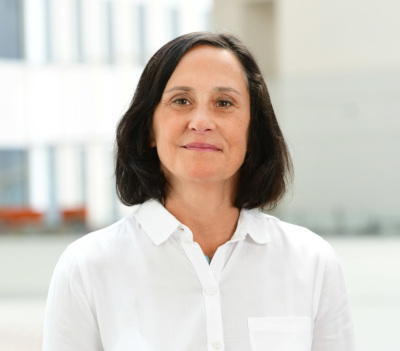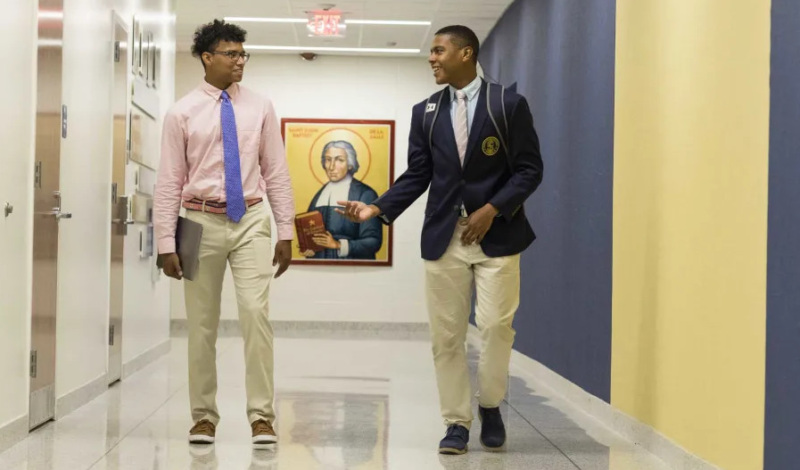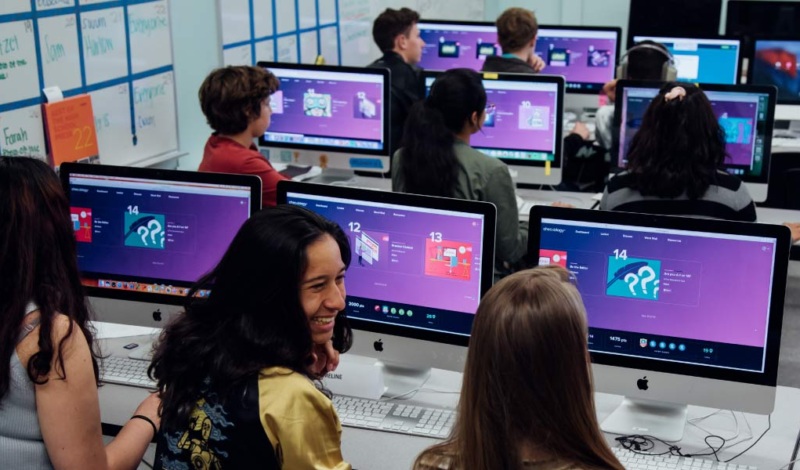
More Info
NLP founder and CEO, Alan Miller, photographed for Washingtonian magazine
Photograph by Jeff Elkins
East-West Center honors NLP founder with Distinguished Alumni Award
The East-West Center, an independent, public nonprofit that works to improve relations and understanding among the people and nations of the United States, Asia and the Pacific, awarded NLP founder and former CEO Alan C. Miller with its 2022 EWC Distinguished Alumni Award June 30 in Honolulu.
The honor recognizes outstanding accomplishments, including major contributions to the EWC mission, significant career achievements and continuing support for the goals and objectives of the Center. The awards were presented at the East-West Center/East-West Center Association conference. Miller was unable to travel to Hawaii to accept the award but delivered remarks to conference attendees via video. The text of those remarks is below.
‘Demonstrated excellence and achievements’
Miller had a distinguished career as a Pulitzer-Prize-winning journalist with the Los Angeles Times before founding NLP in 2008. He earned a master’s degree in political science in 1978 from the University of Hawai‘i at Mānoa and was a student participant at the Center’s Communications Institute from 1976 to 1978. He also completed an internship in The Washington Post’s Tokyo bureau and edited the student magazine, Impulse.
The Center is recognizing Miller for “the demonstrated excellence and achievements in his initial and second careers, which are both worthy of recognition. Building on the skills and cross-cultural experience he gained at the Center, he has demonstrated integrity, determination, vision, creativity, courage and professional commitment to journalism and education and remained supportive of the goals of the Center. Miller continues to support the goals and objectives of the Center by participating in Center events and remains in touch with Center friends and colleagues.”
He was honored alongside Andolgor Purevjav, a leader, author, human resources consultant and mentor in Mongolia who incorporates the Center’s values through her work with the Ganabell Institute of Success.
Miller’s remarks
I’m sorry that I can’t be with you all in person but I’m there in spirit.
Thank you so much President Vares-Lum, Jim Scott and the alumni association for this very special and meaningful honor.
A heartfelt mahalo goes to my former East-West Center colleague and friend Tinu Brara, who is with you, for having nominated me.
My time at the center was one of the most consequential and enriching experiences of my life.
I had previously spent a college semester in Japan. But it was my time in Honolulu — and through such experiences as attending programs at Jefferson Hall, enjoying the camaraderie and international cuisines at food co-ops in Hale Manoa, co-editing the student magazine Impulse and gaining a master’s degree at UH — that opened up the rest of Asia and the Pacific for me. It was there that I formed deep friendships that have lasted nearly half a century.
As an aspiring journalist, I enjoyed helping host Jefferson Fellows from Japan, Singapore and Thailand and am delighted to see that this program is still thriving.
My field study was a highlight of my experience. I was fortunate to land an internship in The Washington Post’s Tokyo bureau, three years after the paper broke the Watergate scandal. I got to shadow the Post’s East Asia bureau chief, complete a project on the American press in Japan and write two stories published by the paper.
My internship with the Post led to my first fulltime newspaper job working for Harry Rosenfeld, who had been Woodward and Bernstein’s boss at the paper during Watergate. Harry had just left the Post to edit two papers in Albany, N.Y., and I was his first hire. He was an exacting and inspiring boss and became a longtime friend and mentor.
When I left the center, I hoped to become a foreign correspondent based in Tokyo and was offered that chance by the LA Times. But by then I had found my calling as an investigative reporter in the paper’s Washington bureau.
Yet, I had one more special Asia sojourn in store.
In 1998, I was awarded a Japan Society fellowship and pursued two projects that reflected both the transcendent and the tawdry sides of Japan. For one, I interviewed six ningen kokuho – living national treasures – masters of traditional crafts and arts, including the country’s foremost bunraku puppeteer and a sword-maker who restored swords of the samurai.
For the other, I dug into Japan’s shadowy campaign finance practices, comparing them to what I had unearthed in my investigative work on this subject in the U.S. and turned this into a page one story for the LA Times.
Since embarking on my second career with the News Literacy Project, it has been gratifying to make connections with my center experience as well. Educators in 25 counties in Asia and the Pacific have registered to use our Checkology virtual classroom and the Yomiuri Shimbun has made some of our other resources available in Japan. Leading Asian news outlets have done pieces on us.
Moreover, educators in Hawaii have used Checkology since 2017 to reach more than 1,400 students, and we have forged a strong and growing partnership with the Hawaii Department of Education. Recently, President Vares-Lum has become an effective champion for NLP and news literacy across the state as well.
In the end, it is the close friendships forged at the center that have meant the most. This includes Stu Glauberman, my roommate in Hale Manoa and co-editor of Impulse who remained in Hawaii, and Ian Gill, a colleague at the Communications Institute who settled in the Philippines, as well as Tinu.
For all of us, Mike Anderson was an extraordinary friend at the center and for more than four decades thereafter, who we lost much too soon a year ago this month. Throughout his long, distinguished career as a diplomat in Asia, Mike epitomized the values of the center in promoting understanding, mutual respect and cooperation. He won this award in 2002. I am honored to follow in his footsteps, and in those of others who have come before me.
Thank you again for this treasured recognition and for the chance to reflect on how much the center and my experience in Hawaii have meant to me.
About the East-West Center
Established by the US Congress in 1960, the Center serves as a resource for information and analysis on critical issues of common concern, bringing people together to exchange views, build expertise, and develop policy options.


